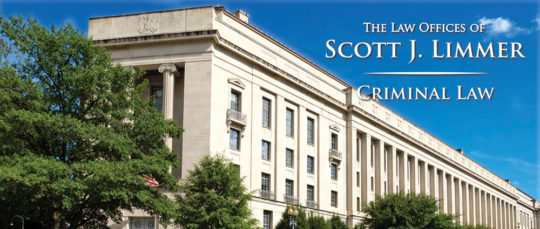Reversing a decision from 1996, a federal appeals court in Cincinnati has ruled the Freedom of Information Act (FOIA) does not require the U.S. Marshals Service automatically to release mugshots taken when federal prisoners are booked. With all 16 judges participating in the July 14 decision, the 6th Circuit by a 9-7 vote held prisoners in fact have privacy interests in their booking photos, which must be balanced against the public interest in deciding whether the FOIA requires release of those photos.
The decision will likely have effects beyond the four states (Kentucky, Michigan, Ohio and Tennessee) within the 6th Circuit. For years after the 6th Circuit’s 1996 decision that prisoners have no FOIA privacy rights in their booking photos, the Marshals Service only released federal prisoners’ mugshots when the requester was from a state within the 6th Circuit.
Press outlets quickly learned when they wanted the mugshot for a federal inmate in the news, such as New York financial figure Bernard Madoff, they could get it by having a “straw man” in a 6th Circuit state request it. But, after two other federal circuits decided federal prisoners had privacy rights in their mugshots, the Marshals Service in 2012 began withholding mugshots from all FOIA requesters, including those in the 6th Circuit, citing an FOIA exemption for material compiled for law enforcement purposes which would bring “unwarranted invasion of personal privacy.” Materials which have qualified for that exemption in earlier cases include rap sheets and grisly photos of crime victims. (State governments vary widely in how they treat mugshots: some make release automatic, while others restrict or forbid it.)
A wide range of media interests, including the New York Times, the Washington Post, the Associated Press, CNN, Bloomberg and others, supported the plaintiff in the latest case, the Detroit Free Press, which went to court in an unsuccessful effort to obtain booking photos for police officers in the state facing bribery and drug conspiracy charges.
In the new decision, Detroit Free Press v. Department of Justice, the appellate court majority overturned its 1996 decision (known as Free Press I, since it involved the same Detroit newspaper), saying the digital age gives greater permanence and wider access to mugshots and so “casts a long, damaging shadow” over the person depicted.
Twenty years ago, when the court found criminal defendants lacked a personal privacy interest in their mugshots, the majority opinion explained, such photos might appear for a short time in print or on TV, then disappear from view. Today, however, internet proliferation and even the appearance of websites devoted to archiving mugshots persuaded the majority that its former policy needed revision. Its new decision will require Justice to balance the interests of both the public and the individual in deciding whether a mugshot photo should be released.
The dissenting judges argued the policy change would let the Justice Department “selectively shield itself from public scrutiny,” harming the cause of open government and making it harder for the general public to learn how the criminal justice system is working.
While the issue seems settled, the controversy could be revived: the Detroit newspaper says it’s considering appealing the decision to the Supreme Court.
